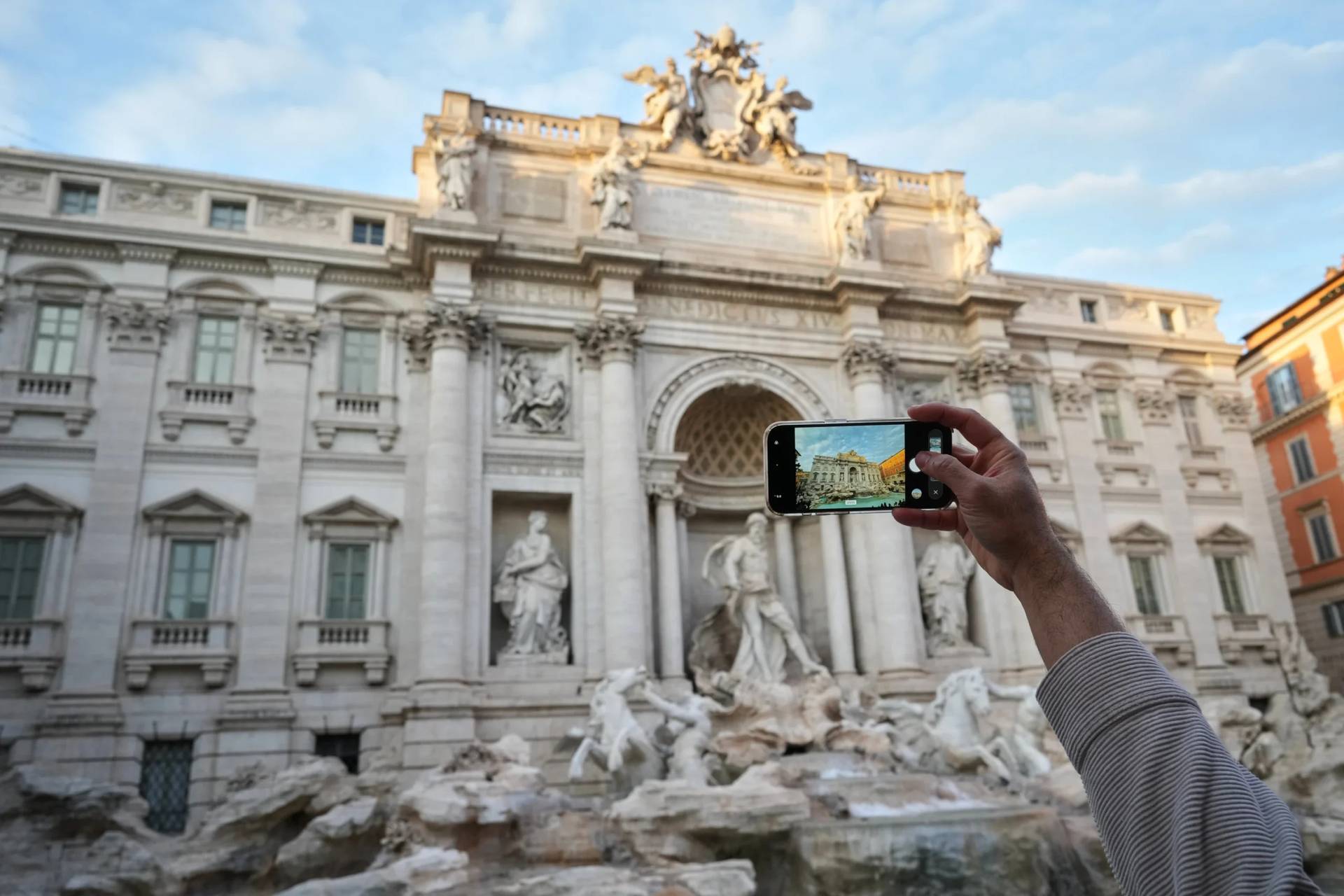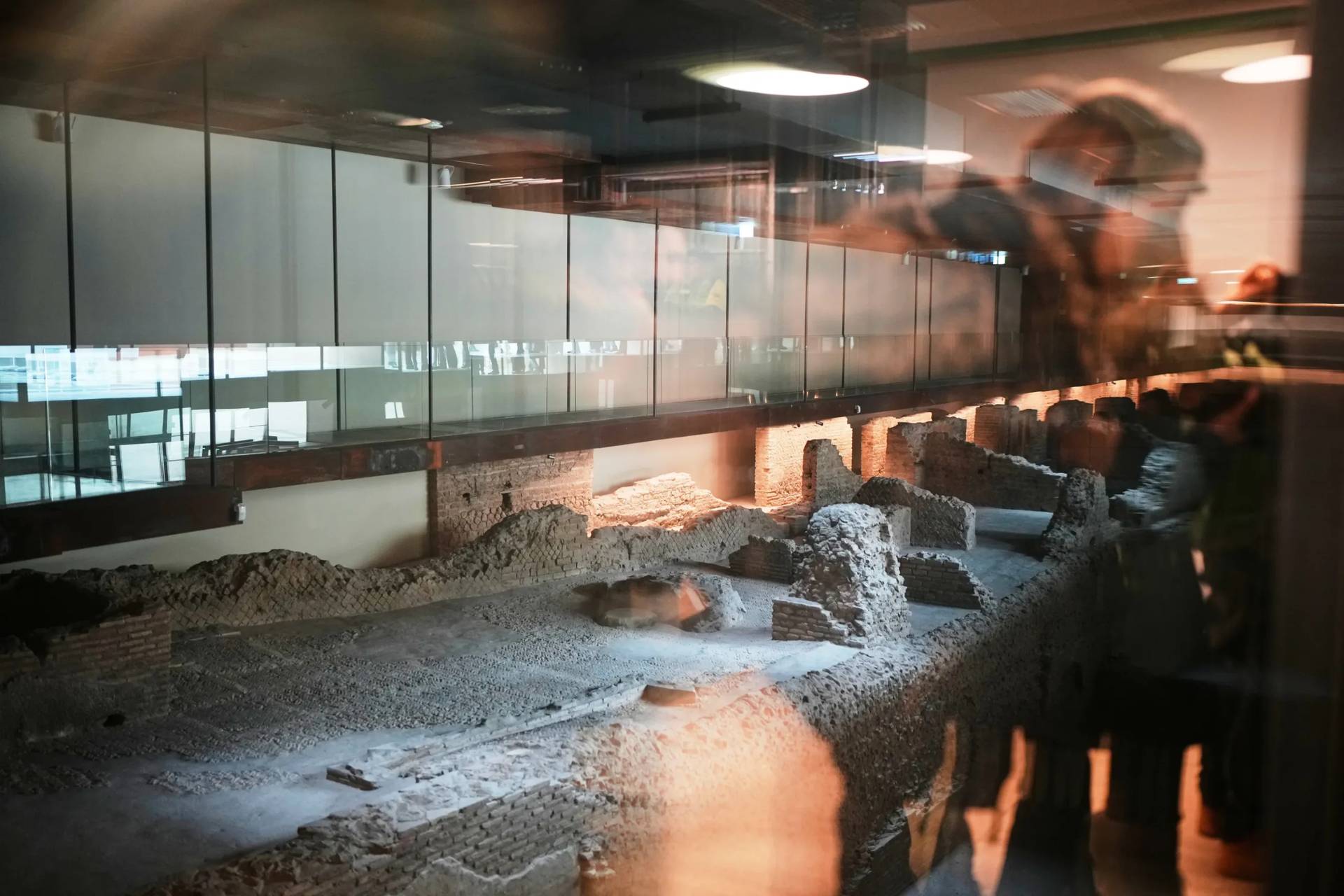As the world waits for the next chapter in the Ukraine crisis, some in the nation are focusing on forming future generations in dialogue, peacebuilding and leadership.
This week the Libertas Center, founded in 2013, opened fellowship applications for its 2022 Dialogue Program. So far, 5,000 people have taken part in the formation program, which includes lectures, seminars, and discussions of theological topics among representatives of different faiths and religions.
Named for Bishop-Emeritus Basil H. Losten of the Ukrainian Catholic Church in the U.S., the Dialogue Fellowship is a leadership training program aimed at emerging community and religious leaders in Ukraine. Losten, 91, served as the bishop of the Ukrainian Catholic Diocese/Eparchy of Stamford from 1977-2006 and has worked extensively to promote the Jewish-Christian dialogue in North America.
The Fellowship is partnered with the Center for Interreligious Understanding in Teaneck, New Jersey, the Libertas Center for Interreligious Dialogue, and the Institute for Religion and Society of the Ukrainian Catholic University (IRS) in Lviv, founded by Metropolitan-Archbishop Borys Gudziak, head of the Ukrainian Catholic Archeparchy of Philadelphia.
In the words of Taras Dzyubanskyy, who founded the program, “the ultimate goal of the Bishop Losten Dialogue Fellowship is to empower representatives of different religious groups, leaders of secular and civil society and representatives from the cultural arts to work together to develop values-based approaches to creating peace.”
He explained to Crux that, at the practical level, the Libertas Center has managed to unite many like-minded people to implement activities on social issues: Mental health, sports, assistance to orphans, work with journalists, work with entrepreneurs and business. All these events include an interfaith (ecumenical) and/or interreligious component,
“The Basil Losten Dialogue Fellowship is not just a theoretical program with many philosophical and theological lectures and presentations,” he said. “The ‘heart’ of the Program is the practical application of skills and knowledge that is acquired by the participants.”
The range of young leaders who take part in the fellowship include theologians, religious and civic activists, scholars, educators, artists, journalists, and bloggers. The academic program trains them in how to talk to each other and cooperate on projects.
It is particularly targeted at community leaders who demonstrate special interest in interfaith dialogue and the social doctrine of the Church—and want to further develop their leadership skills—are the perfect applicants for the program. The Dialogue Fellowship also educates current leaders of Ukrainian society, giving them skills to confront contemporary challenges and strengthen their capacity for dialogue.
From the start, IRS has worked to improve and promote interreligious dialogue, particularly among the Abrahamic religions. (There are an estimated 200,000 Jews and 400,000 Muslims in Ukraine, alongside several Christian Churches and denominations.) The Dialogue Fellows created networks to build on faith and trust for transformative action in their communities, Dzyubanskyy said.
Last year the first Cohort of the Dialogue Fellows completed their program, which culminated in twenty-two community projects being implemented in various parts of Ukraine. The majority of the Dialogue Fellows come from both Catholic and Orthodox traditions in Ukraine. This year, the Program will have as its focus the study of the Catholic Social encyclicals, as part of the overall goal of the Institute of Religion and Society which has translated and published a collection of social encyclicals and documents in 2020.
The two Jewish participants in the Fellowship are Olga Lidovska, director and curator of the Museum dedicated to the Galician Jews and Oleksandra Somysh, an artist and singer, promoter of Jewish culture and artistic heritage.
Lidovska’s project, “Hearing with your heart”, is a series of interactive video-recordings about the life and co-existence of Christians and Jews in Ukraine. All ten video-recordings are available with transcripts for people who have hearing disabilities.
“Content like this is very much appreciated by a community of more than 1,000 people who live in Lviv alone,” Lidovska said. “This is our modest contribution to dialogue and to making dialogue more inclusive.”
The other Jewish participant is Oleksandra Somysh. Describing her experience in the Basil Losten Dialogue Fellowship Program, she says: “In addition to providing an opportunity to implement a music project, the dialogue program strengthened the feeling that each of us, living in our ‘bubbles’ in this turbulent world, is not alone. The program brings together talented, bright people, leaders with different backgrounds, to promote peace in a world which is getting scary.”
“We want a world in which everyone has the right to be themselves and, at the same time, to be in harmony with others,” she said.
“If I were asked to describe the program in one word, it would be ‘inspiration,’” she said. Absolutely all the participants, creators and teachers work on the ‘overriding task,’ as they say in the theater, to create an inspired movement to live, create and build bridges to prevent us from sliding into the chaos of alienation.”
At the practical level, the Libertas Center has managed to unite many like-minded people to implement activities on social issues, Dzyubanskyy said: mental health, sports, assistance to orphans, work with journalists, work with entrepreneurs and business. All of the events include an interfaith, ecumenical or interreligious component.
The Dialogue Program is modeled on the examples of the best programs in the field of dialogue and communication, both Western and Eastern, taking into account the Ukrainian context and realities.
Follow Inés San Martín on Twitter: @inesanmalead















